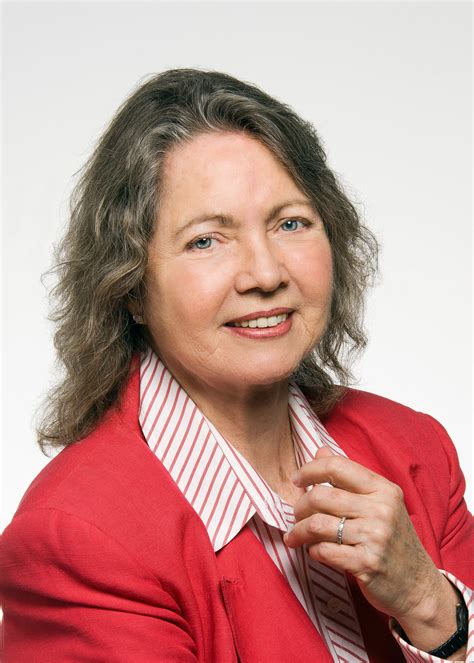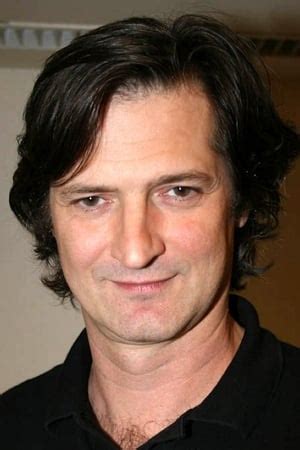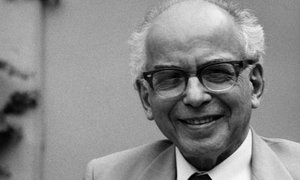A Quote by Ellen Taaffe Zwilich
If you're a composer, there's never a moment you're not working.
Related Quotes
The musical emotion springs precisely from the fact that at each moment the composer withholds or adds more or less than the listener anticipates on the basis of a pattern that he thinks he can guess, but that he is incapable of wholly divining. If the composer withholds more than we anticipate, we experience a delicious falling sensation; we feel we have been torn from a stable point on the musical ladder and thrust into the void. When the composer withholds less, the opposite occurs: he forces us to perform gymnastic exercises more skillful than our own.
Perhaps the chief requirement of [the conductor] is that he be humble before the composer; that he never interpose himself between the music and the audience; that all his efforts, however strenuous or glamorous, be made in the service of the composer's meaning - the music itself, which, after all, is the whole reason for the conductor's existence.
Each one of us in Café Tacvba is a composer and we come to the group with songs written out, musically and lyrically. Occasionally, there's a collaboration between us. But each song is almost always written by one of us, and then we all figure out the arrangements. Up until now there hasn't been a moment where the composer explains the song and says, "I want to say this or that." It's always open for interpretation.





































